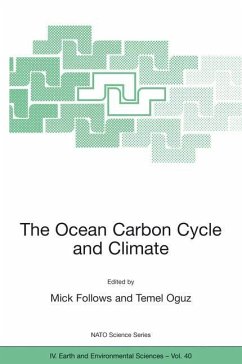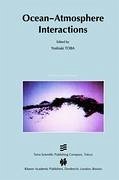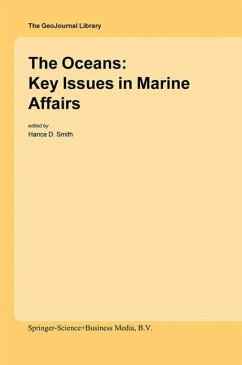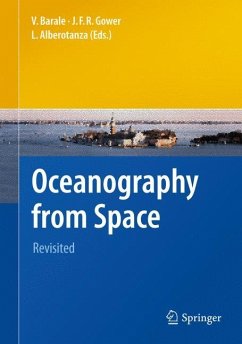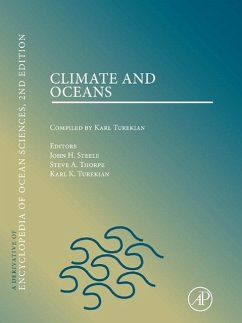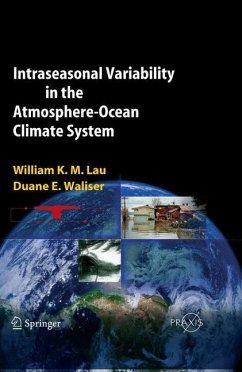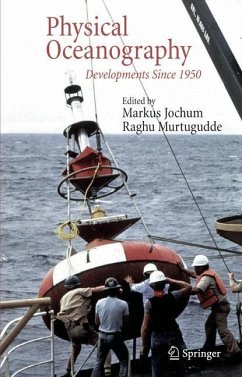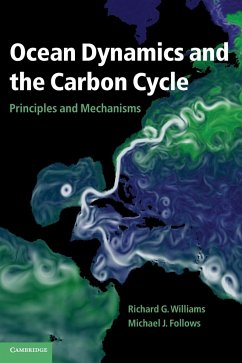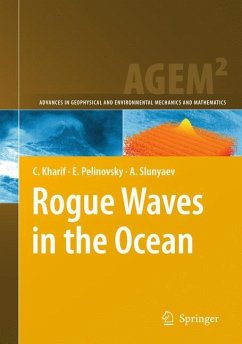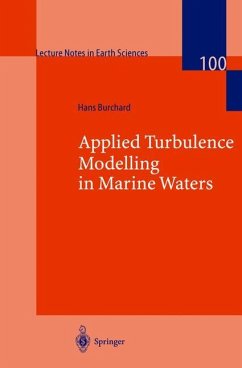
The Ocean Carbon Cycle and Climate
Versandkostenfrei!
Versandfertig in 1-2 Wochen
229,99 €
inkl. MwSt.
Weitere Ausgaben:

PAYBACK Punkte
115 °P sammeln!
The great questions that challenge our understanding of the global carbon cycle are: What are the basic oceanic mechanisms that control the oceanic carbon reservoirs and the partitioning of carbon between the ocean and the atmosphere? How do these mechanisms depend on the state of the climate system and how does the carbon cycle feed back to the climate? What is the current rate at which fossil fuel carbon dioxide is absorbed by the oceans and how might this change in the future? The 11 peer-reviewed chapters in this book, all written by acknowledged experts in their field, are all linked by the overarching questions. Many significant areas are touched on and the book provides the most up-to-date synthesis of the state-of-the-art research in ocean carbon cycle and climate related science.
Our desire to understand the global carbon cycle and its link to the climate system represents a huge challenge. These overarching questions have driven a great deal of scientific endeavour in recent years: What are the basic oceanic mechanisms which control the oceanic carbon reservoirs and the partitioning of carbon between ocean and atmosphere? How do these mechanisms depend on the state of the climate system and how does the carbon cycle feed back on climate? What is the current rate at which fossil fuel carbon dioxide is absorbed by the oceans and how might this change in the future? To begin to answer these questions we must first understand the distribution of carbon in the ocean, its partitioning between different ocean reservoirs (the "solubility" and "biological" pumps of carbon), the mechanisms controlling these reservoirs, and the relationship of the significant physical and biological processes to the physical environment. The recent surveys from the JGOFS and WOCE (Joint Global Ocean Flux Study and World Ocean Circulation Ex periment) programs have given us a first truly global survey of the physical and biogeochemical properties of the ocean. These new, high quality data provide the opportunity to better quantify the present oceans reservoirs of carbon and the changes due to fossil fuel burning. In addition, diverse process studies and time-series observations have clearly revealed the complexity of interactions between nutrient cycles, ecosystems, the carbon-cycle and the physical envi ronment.





